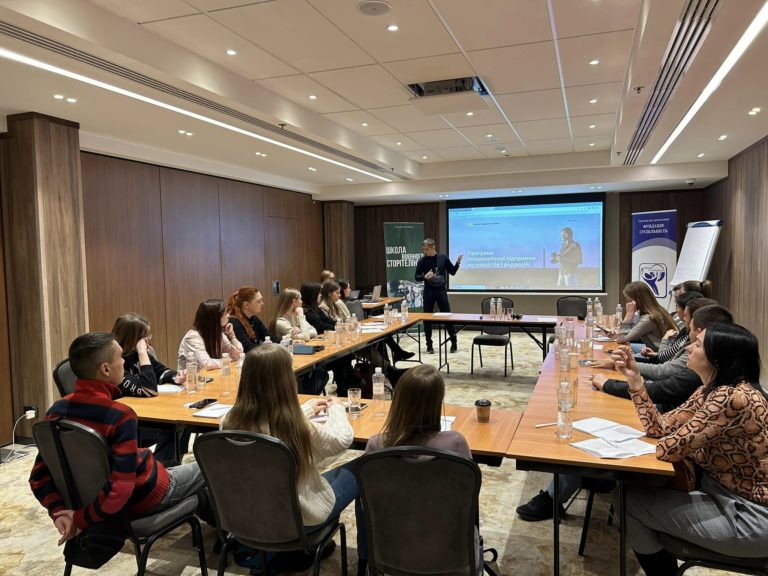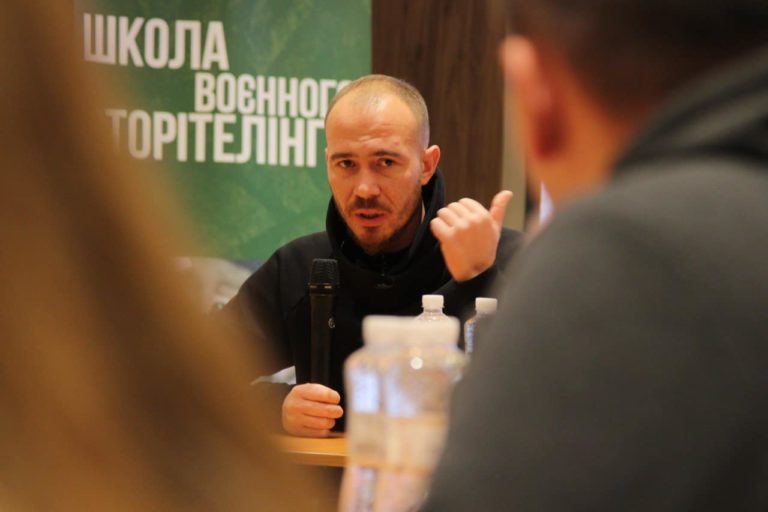As a medical term, the post-COVID-19 condition includes signs and symptoms occurring after recovery from COVID-19 that cannot be explained by any diagnosis.
Approximately one in three people that tested positive for COVID-19 (and, usually, was not hospitalized) show post-COVID symptoms lasting for 3-6 months. The three most common symptoms include fatigue, feeling unwell after physical or mental activity, and cognitive dysfunction. 65% of respondents have had these symptoms for 6 months (The Lancet, July 2021). They refer to post-COVID as long haulers in English speaking countries making the analogy with truckers transporting heavy cargo over long distances.
What are the ways to support yourself and your loved ones in the post-COVID period and eliminate worry and anxiety in the time of global uncertainly still caused by the pandemic?
This was discussed during the meeting “Media Aid: common consequences of COVID-19 for mental health and ways to support it” Souspilnist Foundation held on November 26 by Anastasiia Nizhnik, psychologist and CBT consultant.
The event was moderated by Dmytro Tuzov, a journalist and host at NV Radio.
The first thing to do is exhale and try to understand that you’re not alone against the post-COVID problem. The symptoms are temporary and you’re eventually going to get better. It’s very important to give yourself more time to recover in the post-COVID period, noted Anastasiia Nizhnik.
The counselor gave practical tips on how to provide help during this time. Among other things, you should:
- take care of your sleep putting your gadgets aside half an hour before going to bed. It is also advisable to do it at the same hour;
- plan your day. Planning preserves energy that your body needs to recover;
- have something like the “golden hour” every day, putting aside all external stimuli — from your cellphone to things on your desk — and focusing on one pleasant activity;
- if you feel anxiety, controlled breathing can help (inhaling deeply and exhaling slowly). Or, you can find seven objects corresponding to the seven colors of the rainbow;
- break big things into small steps and celebrate even the least accomplishments;
- hug your loved ones. Hugs make you feel safe and brave to go on;
- notice the good things that happened during the day. It’s not about putting on your “rosy glasses”, it’s about realizing that it can be hard but good things do happen even in this difficult period.
For more information, watch the recording of the meeting here:


